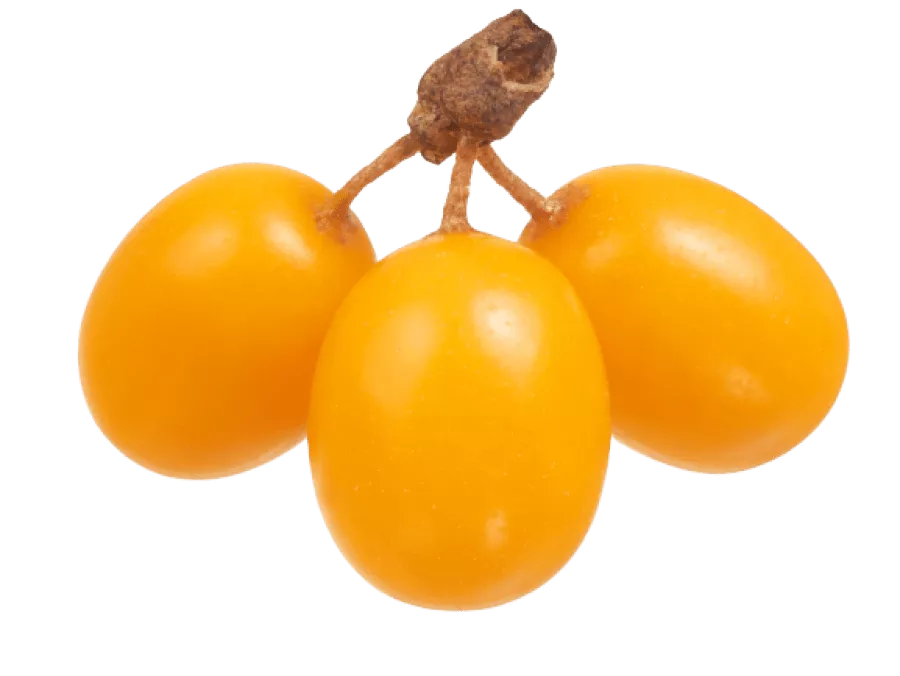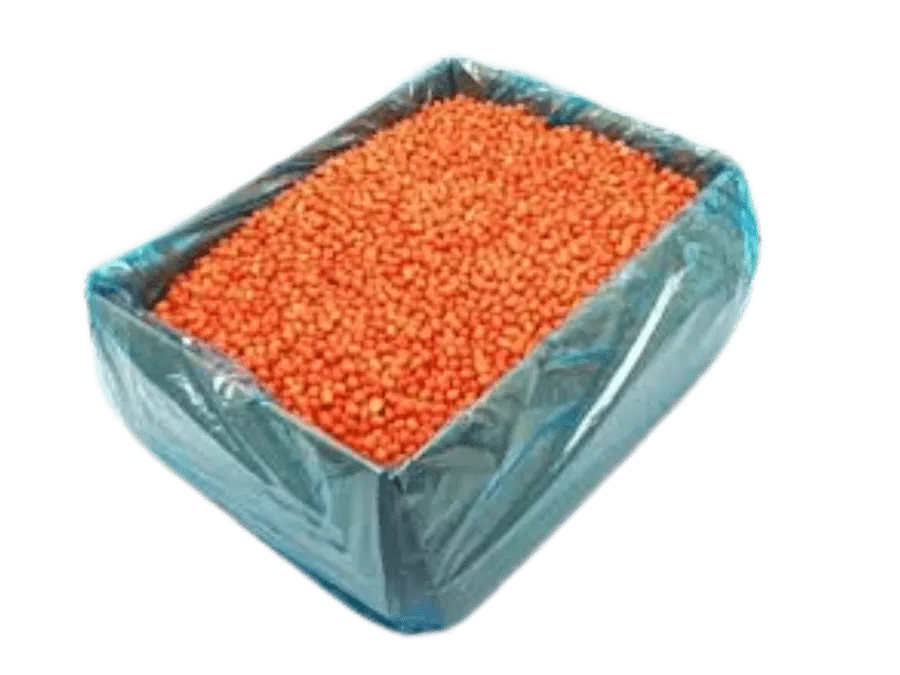SEA BUCKTHORN
b1
b2
a
B6
c
B9
h
e
mg
fe
Sea buckthorn is the genus of sea buckthorns, deciduous shrubs
in the family Elaeagnaceae. The name sea buckthorn may be
hyphenated to avoid confusion with the unrelated true
buckthorns (Rhamnus, family Rhamnaceae). It is also referred
to as sandthorn, sallowthorn, or seaberry. It is an
exceptionally hardy plant able to withstand winter
temperatures as low as −43 °C (−45 °F). Because Hippophae
develops an aggressive and extensive root system, it is
planted to inhibit soil erosion and is used in land
reclamation for its nitrogen fixing properties, wildlife
habitat, and soil enrichment. Hippophae berries and leaves are
manufactured into various human and animal food and skincare
products

-
Description
The shrubs reach 0.5–6 m (1 ft 8 in – 19 ft 8 in) tall, rarely up to 10 metres (33 ft) in central Asia. The leaf arrangement can be alternate or opposite.
Common sea buckthorn has dense and stiff branches, and are very thorny. The leaves are a distinct pale silvery-green, lanceolate, 3–8 cm (1–3 in) long, and less than 7 mm (1⁄4 in) broad. -
Varieties
During the Cold War, Russian and East German horticulturists developed new varieties with greater nutritional value, larger berries, different ripening months and branches that are easier to harvest. Over the past 20 years, experimental crops have been grown in the United States, one in Nevada and one in Arizona, and in several provinces of Canada.
-
Products
Sea buckthorn berries are edible and nutritious, though astringent, sour, and oily unless bletted (frosted to reduce the astringency) and/or mixed as a drink with sweeter substances such as apple or grape juice. Additionally, malolactic fermentation of sea buckthorn juice reduces sourness, enhancing its sensory properties. The mechanism behind this change is transformation of malic acid into lactic acid in microbial metabolism. -
Folk medicine and research
Sea buckthorn has been used over centuries in traditional medicine. Although sea buckthorn fruit extracts are under preliminary research for their pharmacological effects, there is no high-quality clinical evidence for the ability of Hippophae products to lower the risk of human diseases. As of 2022, no sea buckthorn products are approved as prescription drugs by any national regulatory agency.
Packaging
FROZEN -18°
10 kg box
25 kg box
FROZEN -18°
10 kg box
25 kg box



